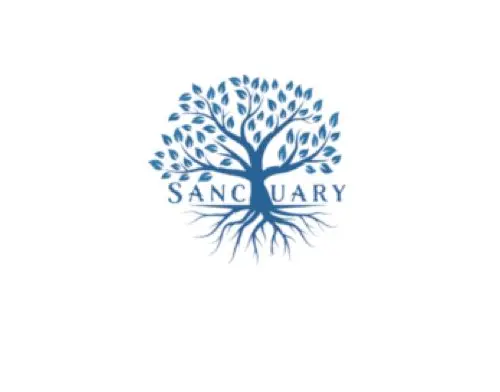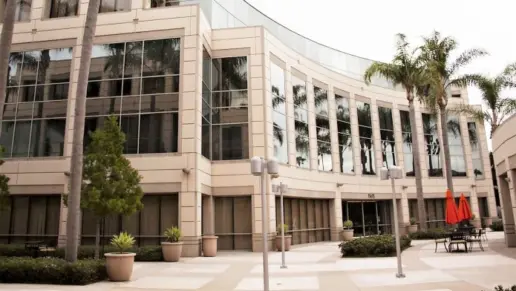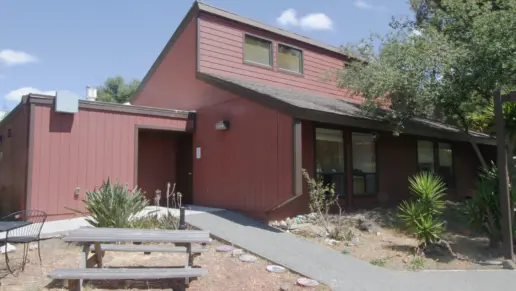About Sanctuary Treatment Center
Sanctuary Treatment Center’s inpatient program provides medication-assisted treatment (MAT) for medically supervised detox in a small group setting. Following detox, clients can take advantage of inpatient treatment in small peer groups, as each facility consists of no more than six beds. The facilities include common eating and other group areas, single- and double-occupancy rooms, and gym equipment to support physical wellness. Clients will have access to various therapeutic treatments: group and individual, cognitive behavioral (CBT), dialectical behavioral (DBT), neurofeedback, trauma, transcranial magnetic stimulation (TMS), and acceptance and commitment therapies are available to all clients.
Outpatient rehab at Sanctuary Treatment Center consists of several of the same therapies available to inpatient clients. Outpatient treatment is designed to support those who have been through a more intensive detox or inpatient process. Holistic rehab at Sanctuary includes nutritional support, mindfulness training, and art and music therapy.
Aftercare from Sanctuary includes developing a relapse prevention plan, recovery monitoring, outpatient therapy, sober living homes, and career and school counseling. Peer support groups like AA and NA and alternatives like SMART Recovery are free of charge to outpatient clients.
Sanctuary Treatment Center can help with insurance verification, and they accept insurance payments from Humana, Cigna, Blue Cross Blue Shield, Aetna, and Anthem Blue Cross. Please consult your provider for drug rehab and out of network benefits.
Latest Reviews
Rehab Score
Location
Location
Other Forms of Payment
Self-pay involves paying for treatment out of your own pocket. You can use savings or credit, get a personal loan, or receive help from family and friends to fund your treatment. If you don't have insurance or your insurance plan doesn't cover a specific program, self-pay can help ensure you still get the care you need.
Private insurance refers to any kind of healthcare coverage that isn't from the state or federal government. This includes individual and family plans offered by an employer or purchased from the Insurance Marketplace. Every plan will have different requirements and out of pocket costs so be sure to get the full details before you start treatment.
Medicare is a federal program that provides health insurance for those 65 and older. It also serves people under 65 with chronic and disabling health challenges. To use Medicare for addiction treatment you need to find a program that accepts Medicare and is in network with your plan. Out of pocket costs and preauthorization requirements vary, so always check with your provider.
Military members, veterans, and eligible dependents have access to specific insurance programs that help them get the care they need. TRICARE and VA insurance can help you access low cost or no cost addiction and mental health treatment. Programs that accept military insurance often have targeted treatment focused on the unique challenges military members, veterans, and their families face.
Addiction Treatments
Levels of Care
Treatments
A combined mental health and substance abuse rehab has the staff and resources available to handle individuals with both mental health and substance abuse issues. It can be challenging to determine where a specific symptom stems from (a mental health issue or an issue related to substance abuse), so mental health and substance abuse professionals are helpful in detangling symptoms and keeping treatment on track.
Programs

Clinical Services
Group therapy is any therapeutic work that happens in a group (not one-on-one). There are a number of different group therapy modalities, including support groups, experiential therapy, psycho-education, and more. Group therapy involves treatment as well as processing interaction between group members.
In individual therapy, a patient meets one-on-one with a trained psychologist or counselor. Therapy is a pivotal part of effective substance abuse treatment, as it often covers root causes of addiction, including challenges faced by the patient in their social, family, and work/school life.
Amenities
-
Private Rooms
Contact Information
19241 Whitestone Court
Tarzana, CA 91356



